
Principles, Politics and Tikkun Olam
Unfortunately, Gil Troy seems to be sadly confused in the presentation of his thesis (“Embrace Ancient Wisdom, Not Modern Politics,” March 8). It is certainly not that Judaism’s fundamental concept of tikkun olam is being perversely subsumed by liberal politics, rather that liberal politics has come to embrace the ancient wisdom of Judaism. What is the point of maintaining such wisdom if it is only to contain it within a sanctuary’s walls to be visited on some religious occasions, admired, and then placed back into its reliquary to be admired on the next feast/fast day?
He seems to even despair the quaint notion of the contemporary haggadah having to now become “immigrant-friendly.” Really? I thought that was the whole, rather ancient, idea!
The article is filled with other greatly misinformed examples of the danger Judaism will become subsumed into the partisan arena. (“Keep Judaism rooted in yesterday’s big ideas, unpolluted by today’s partisan poisons.”) I believe the fundamental error he makes is in confusing principles with politics. I am an ardent defender of the separation of church and state. It must be staunchly guarded in order to protect all who believe, and equally those who don’t. However, if the ancient wisdom and its principles are finally seeping into everyday life and being picked up in the political arena in order to improve the lives of society’s least advantaged, then we must ask: “Isn’t it about time?”
Sheldon H. Kardener, Santa Monica
Gil Troy Responds:
My recent article, “Embrace Ancient Wisdom, Not Modern Politics,” was a call for nuance not negation; alas, it’s being read precisely with the lack of proportionality and the overdose of partisanship I targeted. I agree with Dr. Shedon Kardener on two points. Yes, we should be guided by our ancient wisdom when living, and when doing politics, not just “doing Jewish.” I also agree that some (not all) “liberal politics has come to embrace the ancient wisdom of Judaism.” In fact, when we analyze the many points of contact between America and Jews, from liberalism to Christmas, we often talk about how Jews adapted without acknowledging how much we influenced too.
Where we continue to disagree regards the proportions involved. I wrote: “Beyond a lack of Jewish authenticity, we’re barreling down the wrong way of what should be a one-way street. Jewish values should infuse our politics, but partisanship shouldn’t poison our Judaism.” Tikun Olamism, and modern Jewish liberalism, often cherry-pick certain Jewish values that fit into a modern progressive agenda. By exaggerating their centrality in Judaism and to our Jewish identity, they reduce our ancient heritage to a politically correct imitation of America at its trendiest.
Jews shouldn’t be parrots, mindlessly mimicking certain words and ideas we hear; instead we should be nesting birds – able to fly, to roam, to sample the best of the modern world, while coming home to roost and root ourselves and our kids in our traditions.
Jews and White Skin
I applaud Karen Lehrman Bloch’s courage in questioning our society’s toxic obsession with equating “white” skin with privilege (“The New Caste System,” March 1). However, she’s wrong when she states that American society “suddenly made Jews white.” We, as Jews, have long identified ourselves as “white,” and those of us who have money consider ourselves the recipients of “white privilege.” American Jews as well as Jews in most societies throughout the ages have identified with the dominant class as soon as strictures against their assimilation were lifted.
In fact, a primary reason why German and Austrian Jews had the highest suicide rates of any other European nations after the Nuremburg laws were enacted before World War II was because Nazi anti-Semitism collided with German identity and, consequently, Jews, no matter how assimilated, were no longer considered Germans.
Today, in the United States, the rise of anti-Semitic incidents and tropes again are forcing us to directly face our identity as Jews.
Mina Friedler, via email
Do Not Stand Idly By
I am very glad that the House of Representatives passed a resolution to condemn anti-Semitism. Of course, there are pundits (and people I know on Facebook) who are complaining that no one passed such a resolution right after the Tree of Life synagogue shooting in Pittsburgh last year. They also note that this resolution came about only after some people objected to the comments of Rep. Ilhan Omar (D-Minn).
It is embarrassing to see the number of comments of this sort from Jews, all of whom preface their support of Omar by saying “I’m a Jew and I …” It’s like the Jews who brag that they celebrate Christmas or that they aren’t offended by self-deprecating Jewish “humor.”
The whole issue makes me feel sick. At least I know who I am and what I stand for. I am a Jew and I will not be ashamed of it nor will I “cut my conscience to fit this year’s fashions” as a Jew named Lillian Hellman once said. Jews must stand up and speak out when they are slandered, even if the slander seems “subtle” to others. There is no way we can be oversensitive to bigotry.
Lynne Bronstein, Van Nuys
Greater Security in Israel? Not Really
Cal State Long Beach professor emeritus Barry Steiner extolls the virtues of the disastrous Oslo Accords by positing that Israel achieved greater security from the agreement (“Netanyahu and Politics,” Letters to the Editor, March 8). Tell that to the many thousands of victims and families of the immediate terror campaign unleashed upon the Israeli public after making a deal with Yasser Arafat and the PLO, an onslaught that continues today.
Yes, of course, we’re better off not administrating over whatever number of Palestinians there are in Judea and Samaria, but there’s no way there wasn’t a better, safer and more effective way than resurrecting a dying PLO and its leader and of dealing with people that want to see us destroyed, rather than arming them and helping create a security apparatus that alternately works in coordination with Israeli security forces but more often supports and abets random terror attacks against our people.
Allan Kandel, Los Angeles
Israeli Craft Headed to Moon
Yasher koach to Israel on the launch of the spacecraft Beresheet, which is now traveling to the moon (“Israeli Spacecraft ‘Beresheet’ Is on Its Way to the Moon,” Feb. 21, online).
Beresheet represents the fulfillment of a boy’s dream from the midst of a Nazi concentration camp during the Shoah.
In 1942, 14-year-old Petr Ginz was imprisoned in Theresienstadt in Czechoslovakia. A precocious writer and illustrator, he drew a picture titled “Moon Landscape,” envisioning Earth as seen from the lunar surface. He died two years later at Auschwitz, but his drawing survived and found its way to Yad Vashem. A copy was taken into space by Israel’s first astronaut, Ilan Ramon, aboard the 2003 Columbia shuttle mission that burned up during re-entry. That picture continues to inspire (as does Ramon).
Nearly 75 years after Ginz’s death, Israel has sent a spacecraft to the moon to view Earth as Ginz could only imagine.
Beresheet, Hebrew for “in the beginning,” is emblematic of the resilience of the Jewish people. In 75 years, we have gone from the ashes of the Holocaust to, quite literally, a new beginning where even the sky is no limit.
Stephen A. Silver, San Francisco
Nazi-Looted Art and a Family’s Other Tragedy
I read with interest the Journal’s story on the lengthy legal fight by the Cassirer family to regain its art, taken by the Nazis (“Fighting to Retrieve a Nazi-Looted Painting,” Feb. 22). I note that the story omits an important participant in the story: the older sister of current plaintiff David Cassirer. To the best of my knowledge, Ava Cassirer was a plaintiff in the litigation until she died last year.
Although the art litigation is important, the Cassirer family history contains a much deeper tragedy. For several years, the Cassirer family lived near my childhood home in Cleveland. I remember the father, Claude Cassirer, who worked as a professional photographer and took beautiful photographs of my family. I attended school with his daughter, Ava Cassirer. I remember her as intelligent, funny, tall and muscular. As a teenager, she became an excellent tennis player.
Later, the Cassirer family moved from Cleveland to New York state. Ava kept in touch with her Cleveland friends and visited often. She liked to drive the scenic route on the Pennsylvania Turnpike.
On March 28, 1979, the Three Mile Island Nuclear Generating Station had a partial meltdown. Ava was driving nearby on the Pennsylvania Turnpike, and she sustained terrible radiation burns. Her injuries were permanent, and she suffered for the rest of her life.
Ava was resilient, and she continued to function despite her constant pain. She worked as a social worker in Cleveland and started a foundation to help burn victims like herself. Despite her daily pain, Ava carried on. She died in March 2018.
I thought of Ava Cassirer when I visited Hiroshima, Japan. The Hiroshima Peace Memorial has the goal of spreading the
word about the victims of the nuclear
blast in 1945, both the thousands of
victims who immediately died and the thousands of victims who suffered for years afterward.
I think of Ava Cassirer today when I hear people advocating nuclear power as a type of “clean” energy. So many thousands of people have suffered because of nuclear power that it is impossible for me to think of nuclear power as “clean.” On the contrary, nuclear power is possibly the least safe of any type of energy source.
I greatly admire the Cassirer family members for their resilience and refusal to let fate defeat them. The same stubborn determination that fuels the family’s continuing fight for their art fueled Ava Cassirer during her lengthy fight to overcome medical challenges. May she rest in peace.
Cherie S. Lewis, Los Angeles






















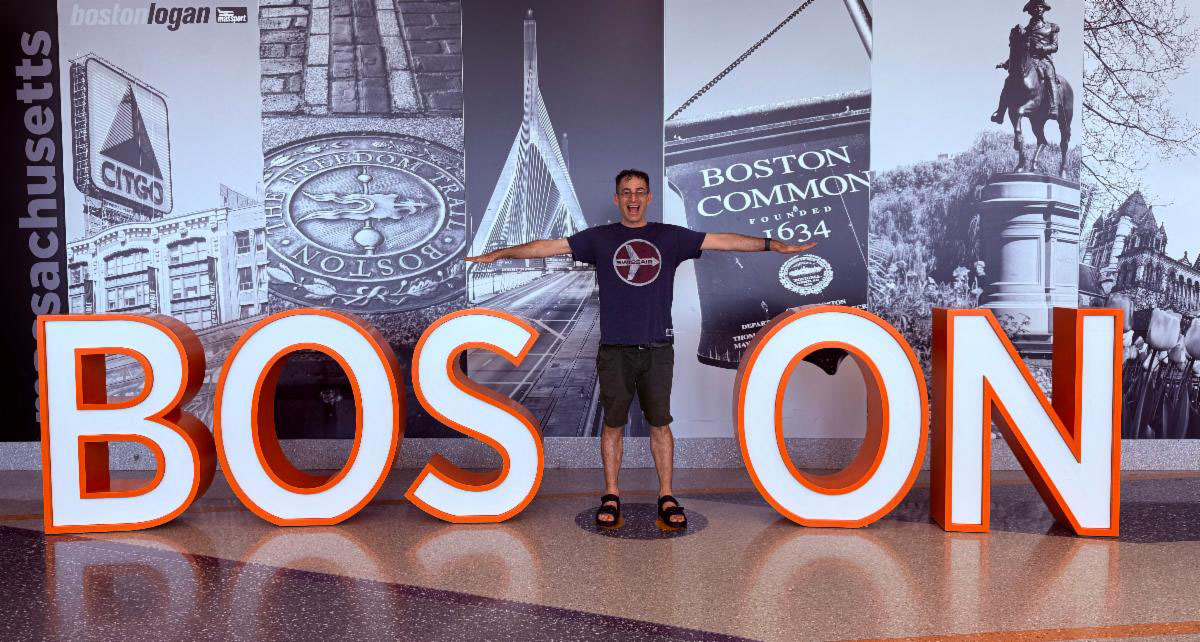
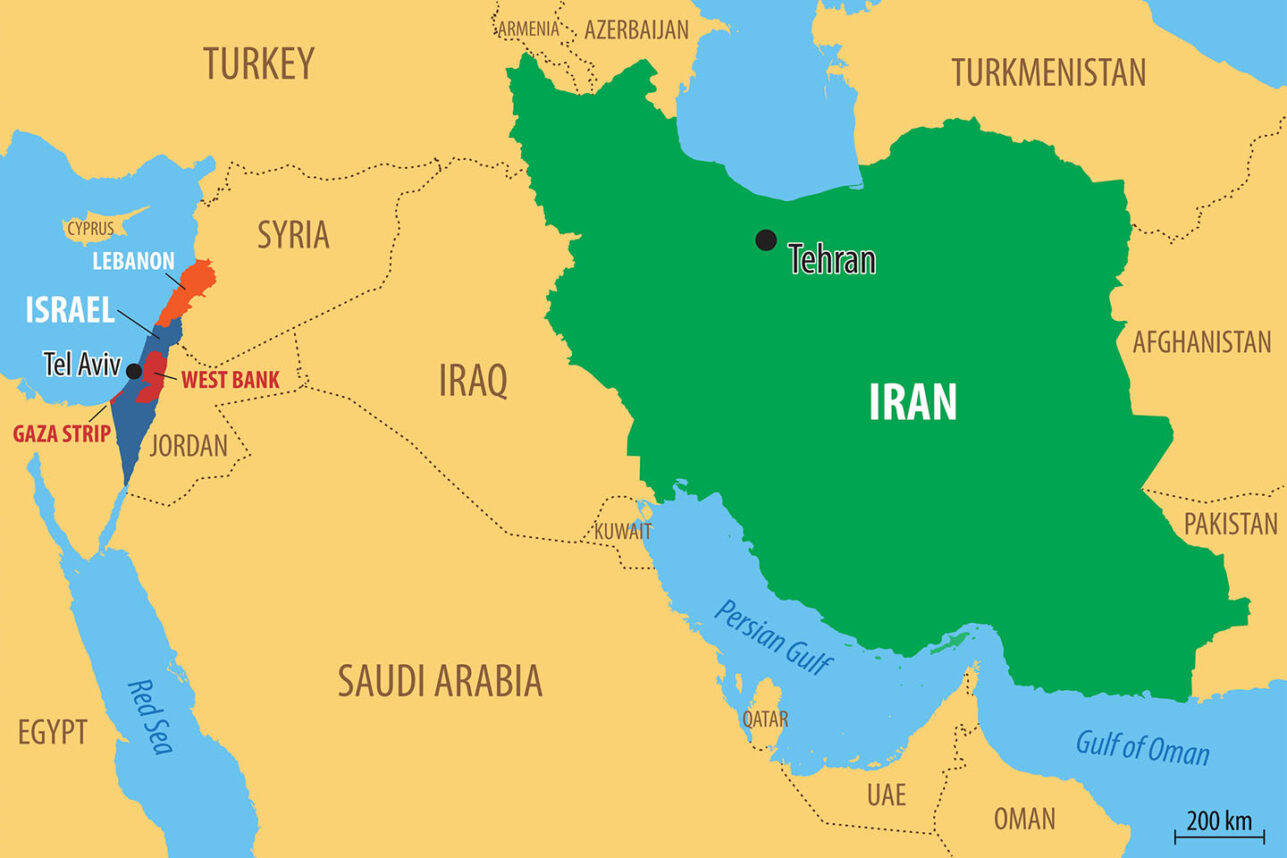
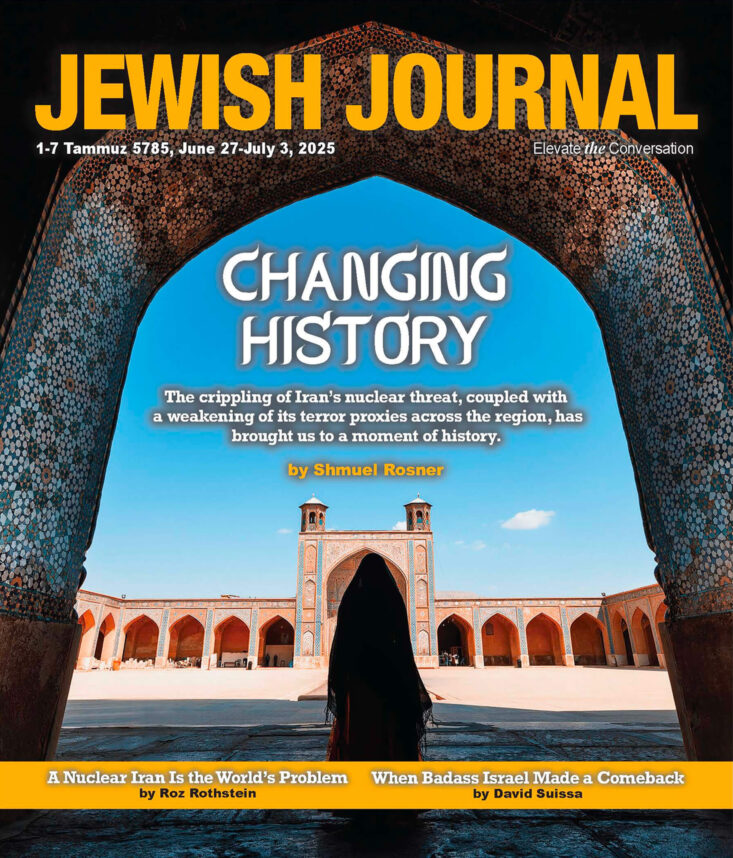
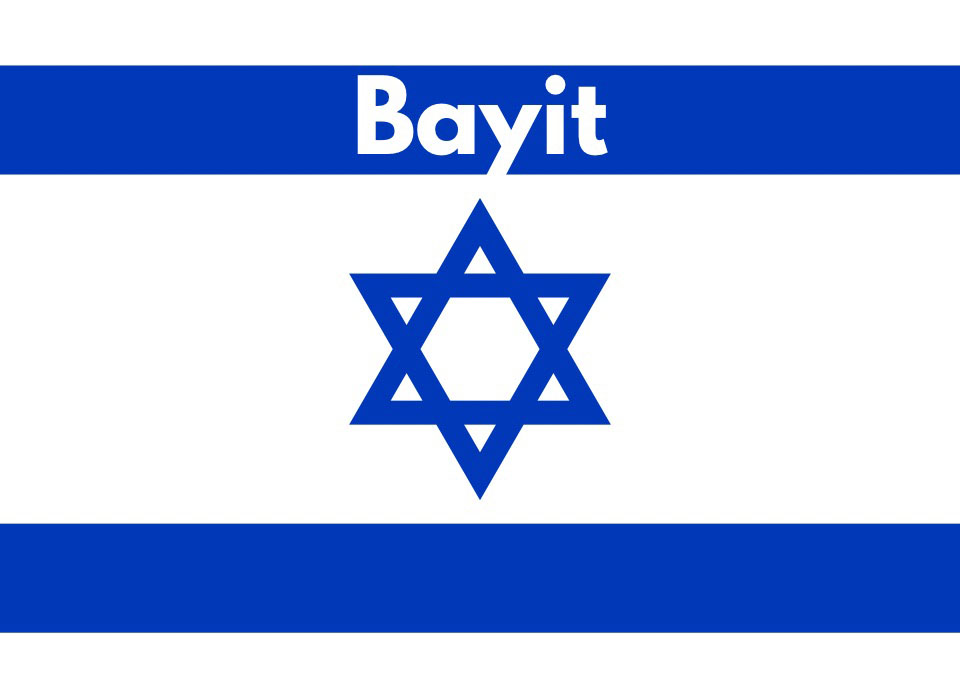

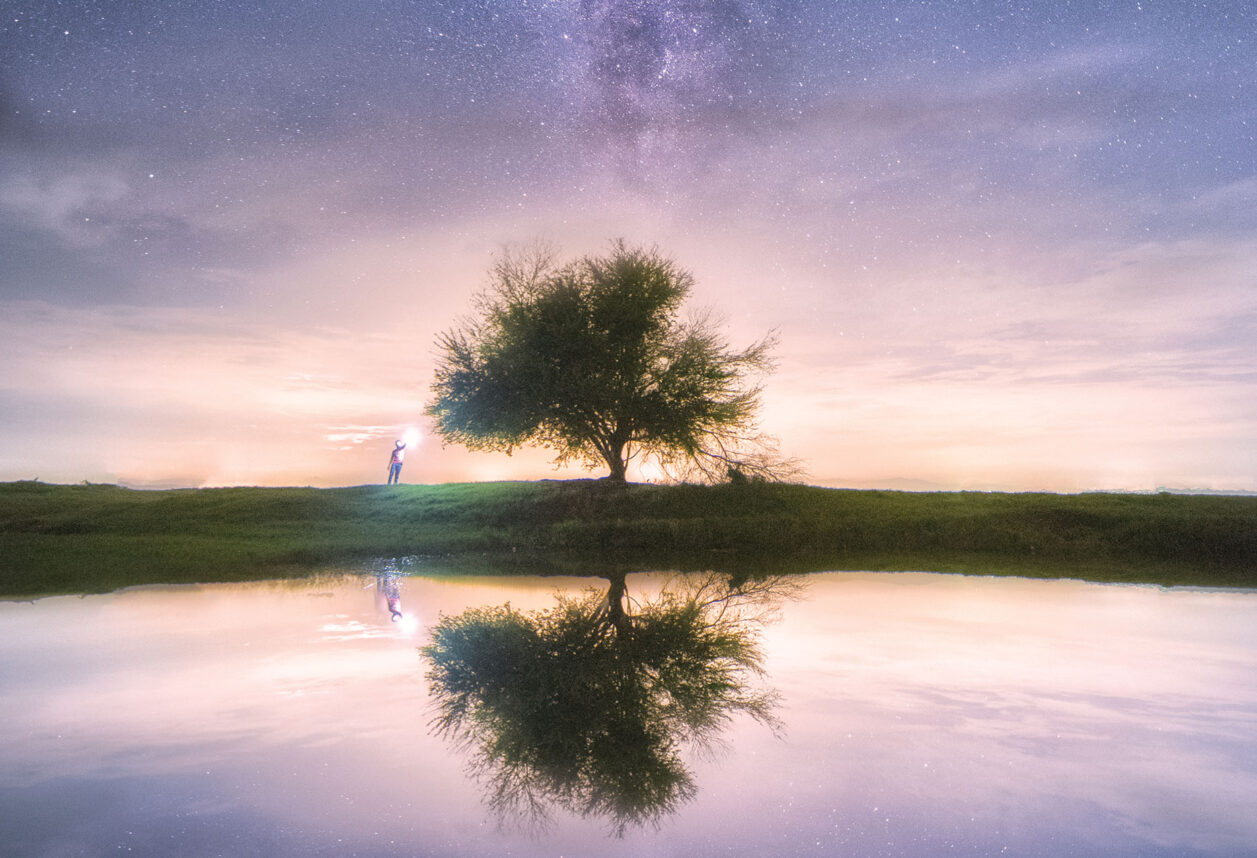
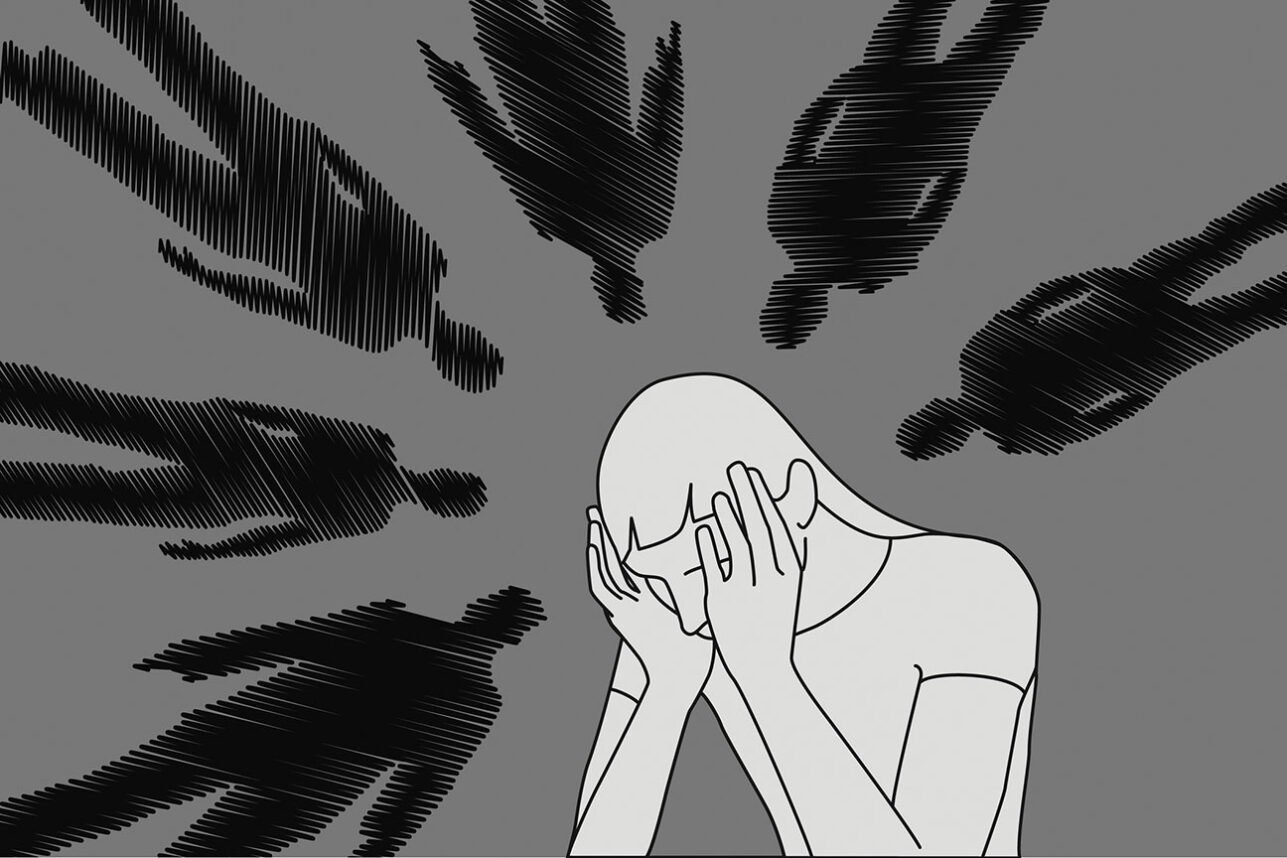
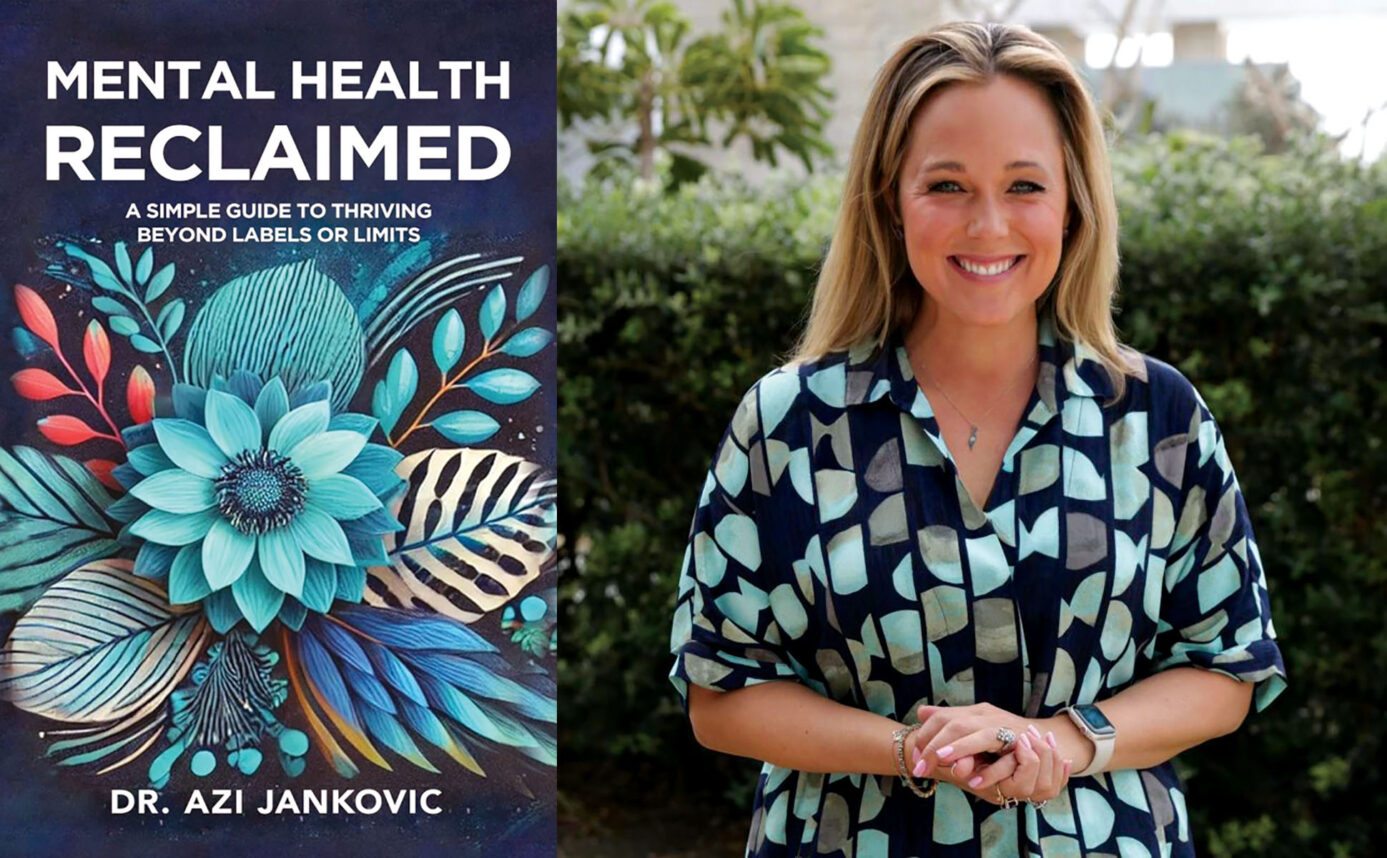
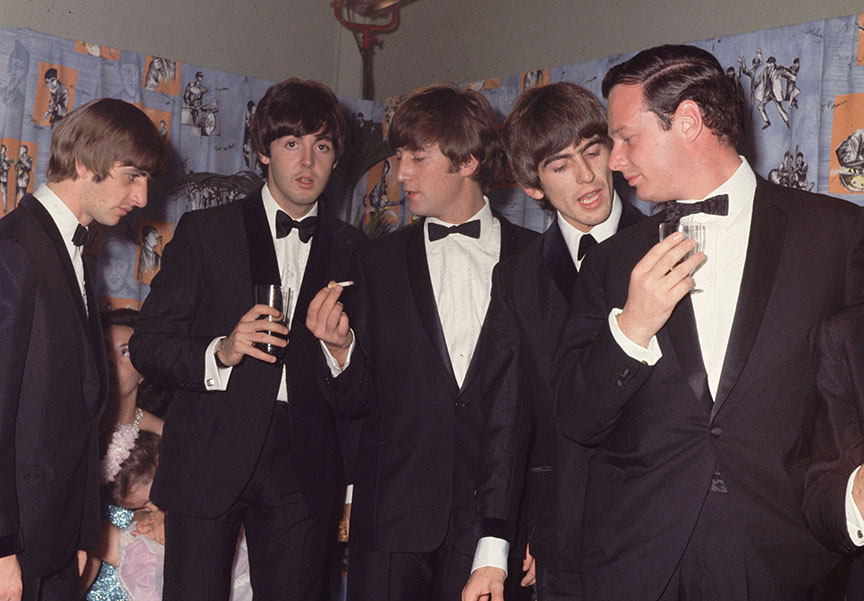
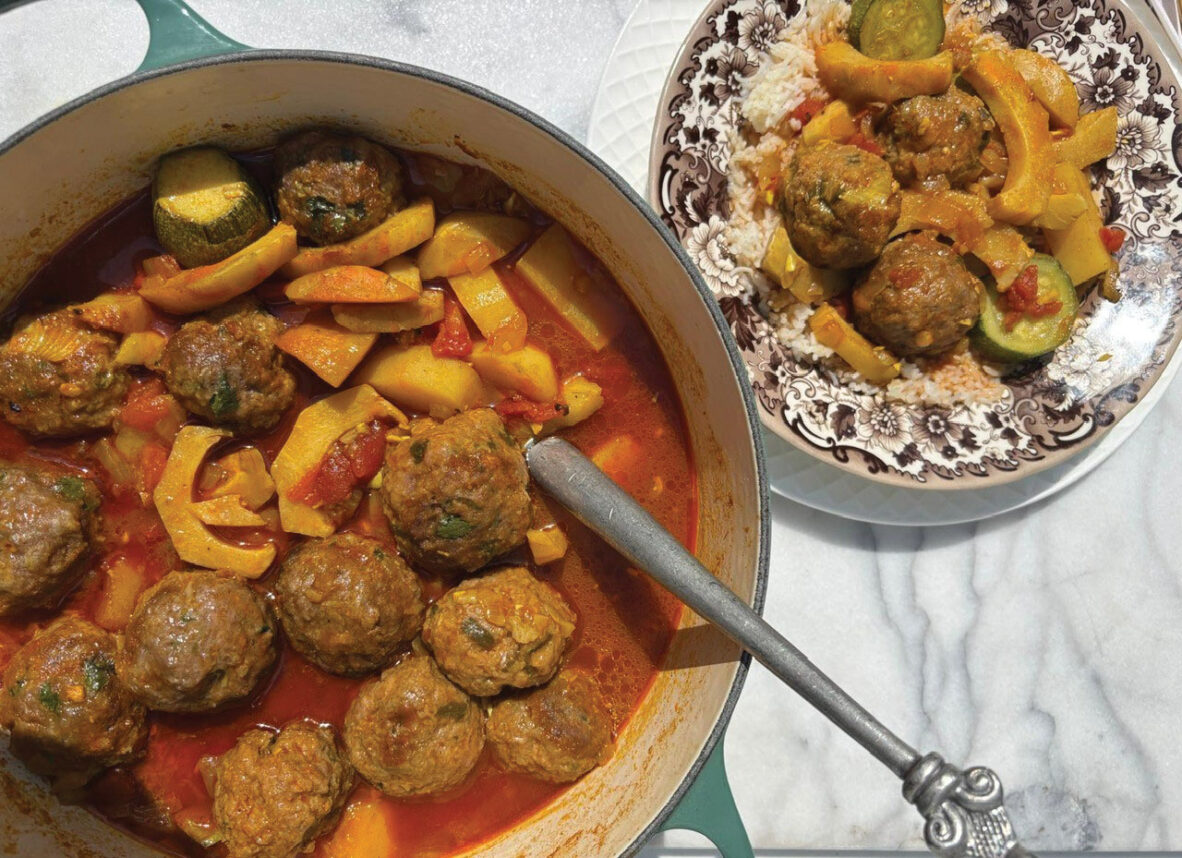


 More news and opinions than at a Shabbat dinner, right in your inbox.
More news and opinions than at a Shabbat dinner, right in your inbox.